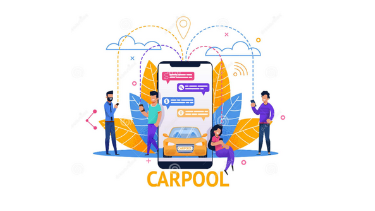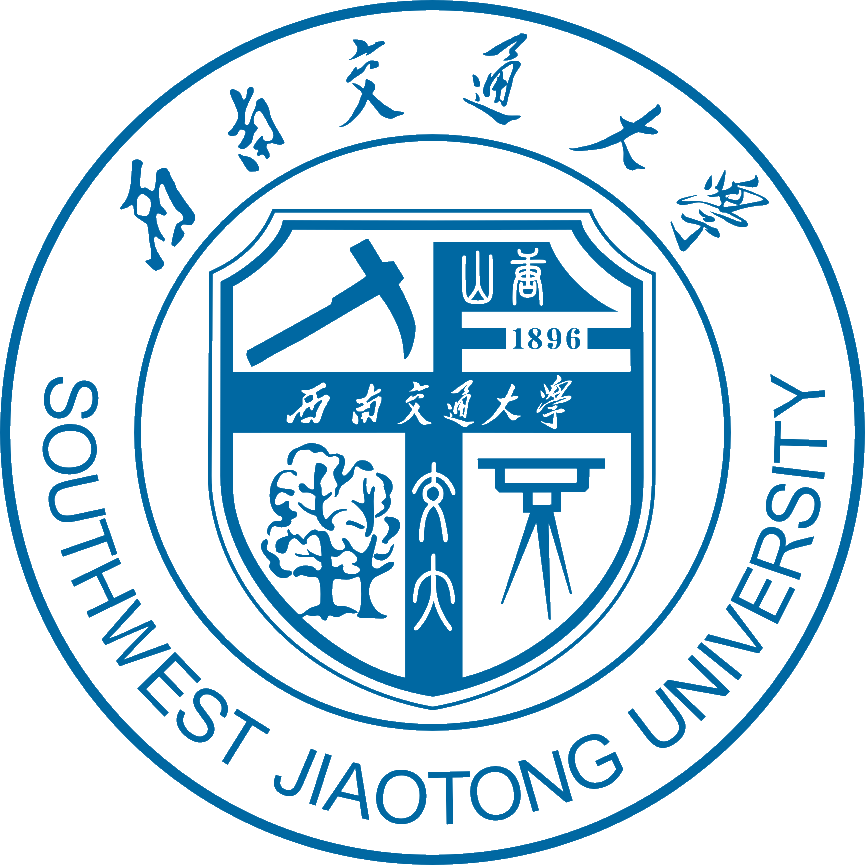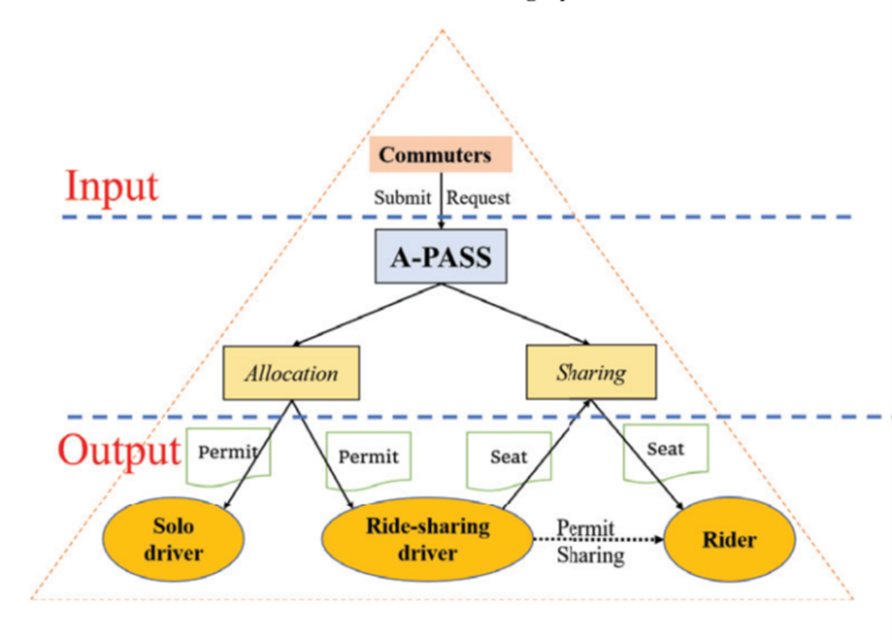Promoting carpool for sustainable transportation

Sponsored by

Sponsored by

The past decade brought two major innovations to transportation: connected and autonomous vehicles (CAV) and transportation network companies (TNC) such as Uber and Lyft. The transformative impacts of these innovations have already been felt around the world, and are expected to continue to reshape the transportation industry. In the not-so-distant future, a significant portion of passenger trips may be served by CAVs, of which many would be shared through TNCs. Such a vision projects considerable benefits for the safety, efficiency, and accessibility of travel. However, eliminating the cost and limitations imposed by driving could induce excessive travel demand and worsen traffic congestion dramatically. This is bad news because traffic congestion is already plaguing most big cities around the world, and costing hundreds of billions of dollars a year. Hence, sooner or later, policy makers may have to ponder on the possibility of actively managing travel demand on a large scale. A seemingly low-hanging fruit is to increase the occupancy rate of private automobiles by encouraging carpool.
 |
|
Carpool App |
To promote carpool among commuters, three researchers – R. Li and X. Liu from Southwest Jiaotong University and Y.M. Nie from Northwestern University – developed a new system that combines “sticks” (coercive measures such as pricing) and “carrots” (incentives). Their paper, entitled “Auction-Based Permit Allocation and Sharing System (A-Pass) for Travel Demand Management”, was published in Transportation Science.
 |
|
Auction-Based Permit Allocation and Sharing System (A-PASS) |
The proposed A-PASS system sells a time-dependent permit to commuters for accessing a road facility but allows them to share permits with each other through carpool. Thus, the system raises revenue from appropriating infrastructure on the one hand, and encourages commuters to participate in carpool to reduce travel cost on the other. Since A-PASS allocates permits through auction, it captures commuters’ heterogeneity in the willingness to pay for them. Financially, A-PASS is self-sufficient, because the revenue obtained from selling bottleneck permits can be used to subsidize ridesharing. Results of numerical simulation suggest A-PASS strongly promotes ridesharing. As sharing increases, all stakeholders are better off: the ridesharing platform receives greater profits, the commuters enjoy higher utility, and society benefits from more efficient utilization of the road infrastructure.
Citation: Ruijie Li, Yu (Marco) Nie, Xiaobo Liu (2022) Auction-Based Permit Allocation and Sharing System (A-PASS) for Travel Demand Management. Transportation Science 56(2):322-337.
Link: https://pubsonline.informs.org/doi/abs/10.1287/trsc.2021.1093?casa_token=zayWDD-KFa8AAAAA:zVQtYVQ1MCannc0BfJXsi908c416u63HmnFZxpVqViOY1x4eg5eZuT50SM3PRKFrSyemLXJD.